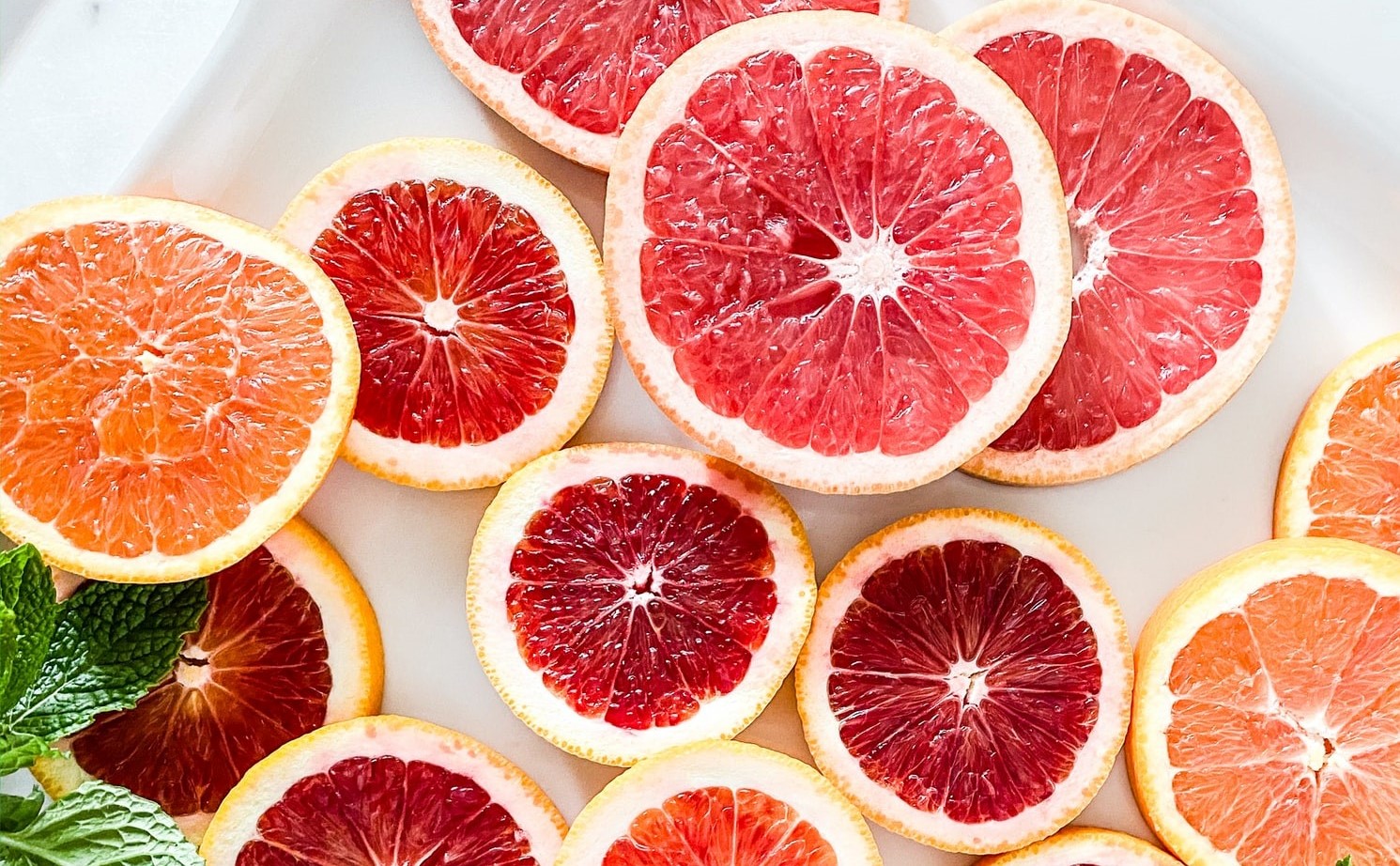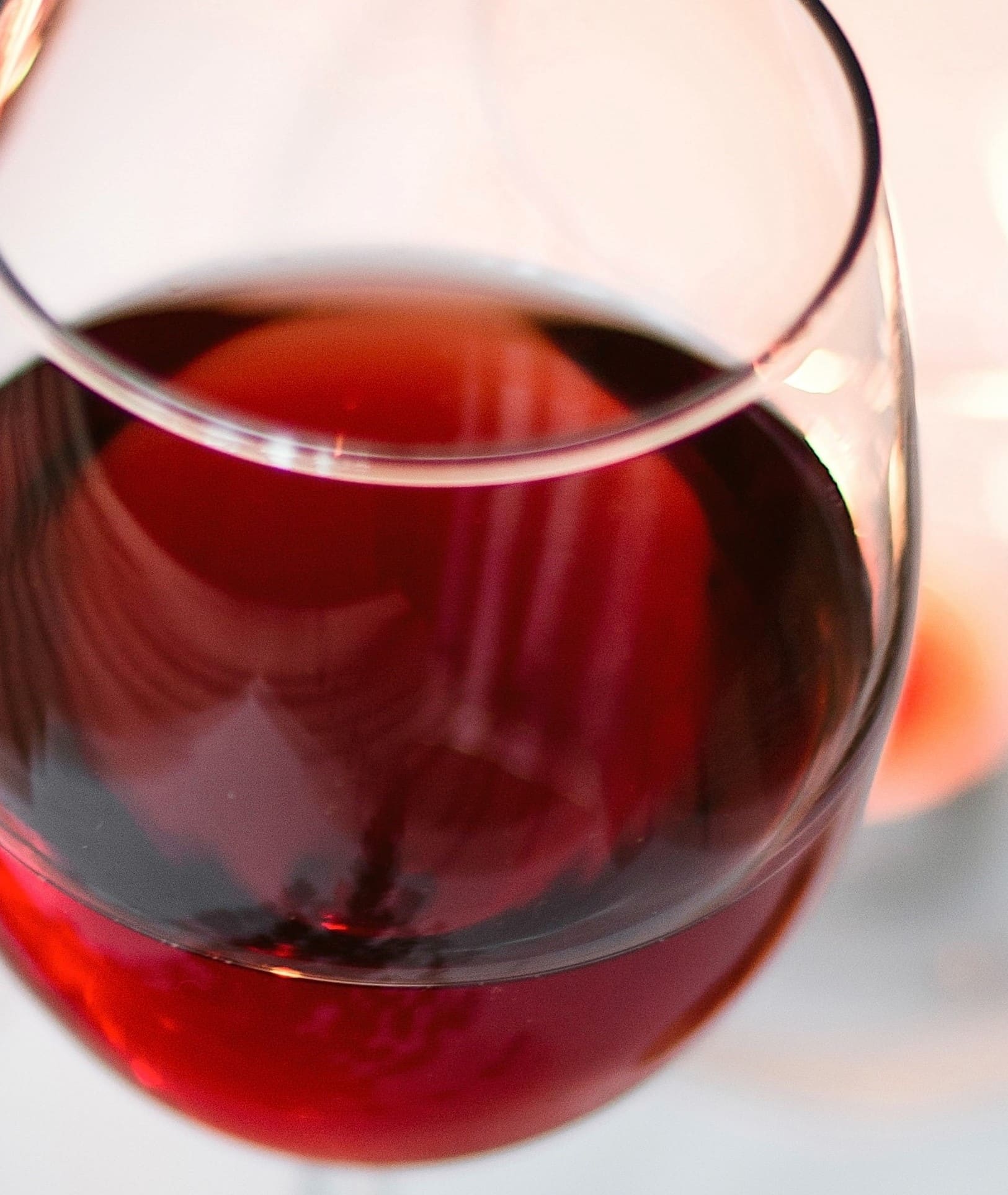Wineries With Breathtaking Gardens In Sonoma - Wine Tasting At Sonoma Vineyards
Wineries With Breathtaking Gardens In Sonoma - Wine Tasting At Sonoma Vineyards
Blog Article
Wineries With Unique Wine Blends - Sonoma Wine Region Vineyards
Wine tasting is commonly considered an art form, one which goes beyond merely having fun with a beverage. It embraces a complex interaction of flavors, aromas, and textures that requires dedicated practice to actually master. Many who venture into the world of wine tasting rapidly notice that it involves rather more than just sipping wine. Improving sensory skills through devoted winery wine tasting can elevate the experience, remodeling an informal consuming occasion into a sophisticated exploration of the senses.
At a fundamental degree, wine tasting engages the senses of sight, smell, taste, touch, and even sound. Every element plays a crucial position in appreciating the nuances of a wine. When one first pours a glass of wine, the rich hues can provide preliminary insights into its age and varietal. Observing the color and readability helps form expectations concerning the wine's flavor profile. Many don’t fully respect how this visible evaluation can set the stage for what's to follow.
The subsequent step is to interact the sense of smell. Swirling the glass aerates the wine, permitting its volatile compounds to escape and fill the air with its bouquet. The nostril entails some fascinating layers—different aromas can signal numerous aspects of the winemaking process, together with the type of grapes used, fermentation strategies, and aging conditions. Creating a eager sense of smell can be a game-changer in wine tasting.
Wineries That Offer Food Trucks On Weekends - Wine Tasting And Vineyards In Sonoma
To improve this sensory skill, wine enthusiasts are sometimes encouraged to take part in devoted tastings at wineries. These tastings permit individuals to focus solely on the sensory experience (Vineyard Picnic Spots In Sonoma Valley). Tasting periods led by educated sommeliers or winemakers can provide insights into identifying distinct aromas. Learning to differentiate between floral, fruity, earthy, and spicy notes can empower a taster to articulate their experience with higher precision.
As one practices their sensory skills, they could uncover that their taste preferences evolve. This transformation often happens after multiple tastings. A wine that initially seemed overwhelming may reveal hidden layers of complexity with a bit of experience. Understanding tips on how to isolate particular person flavors similar to acidity, sweetness, bitterness, and umami contributes considerably to the overall wine experience.
One Other essential factor in improving sensory skills is the context by which wine is tasted. Environmental factors like temperature, lighting, and even the corporate current can influence perceptions. At a winery, an optimum setting can reduce distractions and enable a extra profound exploration of the wine (Historical Wineries To Visit In Sonoma). Practicing aware tasting techniques encourages a extra immersive experience, allowing tasters to hone in on their senses.
It is not solely about individual notion, though. Participating with others during a tasting can even enhance sensory skills. Sharing notes and discussing impressions fosters a deeper understanding of the wine. This collaborative method encourages participants to articulate their sensory experiences, thereby broadening their linguistic repertoire related to wine tasting.
Wineries Offering Educational Wine Seminars - Sebastopol Wine Country Vineyards Adventure
Additionally, pairing wine with food can significantly improve the tasting experience. Completely Different combos can convey out unique flavors in each the wine and the dish. As one tastes a wine alongside specific foods, they'll start to recognize how sure parts in the wine complement or contrast with what they are consuming. This skill of pairing is another layer that enriches sensory development.
Coaching one’s palate can involve a wide range of workout routines. Some enthusiasts interact in systematic tasting experiences, sampling a range of wines that showcase completely different varietals, regions, or vintages. Exploring this diversity can sharpen the flexibility to discern nuances across completely different wine profiles. Over time, this practice builds a psychological library of flavors that may be accessed during future tastings.
Notably, written notes serve a dual purpose: organizing one’s thoughts and reinforcing memory. By writing down observations about every wine, tasters can observe their progress over time. Detailing the characteristics of wines assists in solidifying data, finally deepening one’s appreciation of what they eat.
Furthermore, attending workshops or classes focused on sensory evaluation may additionally be beneficial. Many wineries provide these instructional applications to help people refine their skills. Often, skilled instructors guide participants by way of structured tastings, focusing on particular components of the wine. This level of training reinforces the sensory skills asynchronously and challenges tasters to consider their experiences from completely different angles.
Upcoming Wine Festivals In Sonoma County - Best Vineyard Visits In Sonoma

Over time, the dedication to bettering sensory skills by way of devoted winery wine tasting can yield important rewards. The enjoyment derived from wine turns into layered and multifaceted. No longer restricted to a easy desire for "pink" or "white," tasters begin to understand the stories behind every pour. They domesticate a palette winery in Sonoma capable of navigating the complicated landscape of flavors with confidence.
In conclusion, the journey of enhancing sensory skills through dedicated winery wine tasting is as rewarding as it is enjoyable. It requires focus, commitment, and a willingness to learn, but the outcomes far exceed the preliminary effort. By participating a quantity of senses and participating in considerate discussions, people not solely turn into more proficient at identifying flavors but in addition develop a deeper appreciation for the craftsmanship behind each bottle. The process transforms wine from a mere beverage right into a wealthy tapestry of sensory exploration that beckons enthusiasts to delve deeper. As skills enhance, so too does the enjoyment, enriching life experiences one sip at a time.
Best Wineries For Wine Tasting In Sonoma - Family-Owned Wineries In Sonoma
- Partaking the palate through diverse wine varieties enhances the power to differentiate flavors and aromas, refining total sensory perception.
- Collaborating in guided tastings promotes centered consideration on subtle characteristics of each wine, nurturing crucial tasting skills.
- Studying to establish particular grape varieties fosters a deeper understanding of terroir, which aids in recognizing regional flavor profiles.
- Incorporating food pairings during tastings can heighten sensory awareness, as totally different tastes can affect one another and alter perceptions.
- Working Towards the art of swirling and nosing wines permits people to connect olfactory cues with taste, improving the ability to articulate sensory experiences.
- Attending workshops that emphasize blind tastings trains individuals to rely purely on their senses quite than preconceived notions, enhancing objectivity.
- Elevating sensory skills can lead to better wine choice talents, empowering people to make knowledgeable decisions based mostly on personal preferences.
- Participating with educated sommeliers presents insights into wine-making processes, which deepens sensory appreciation and enhances vocabulary for describing wines.
- Common participation in tastings encourages reminiscence growth of flavors and aromas, aiding within the formation of a personalised sensory profile over time.
- Sharing tasting experiences with friends fosters dialogue, selling communal learning that can enhance individual sensory skills via collaboration.undefinedWhat is the purpose of enhancing sensory skills through wine tasting?
Improving sensory skills by way of wine tasting permits individuals to boost their capability to identify and recognize the assorted aromas, flavors, and textures of wine. This heightened sensory awareness can result in a deeper understanding of wine and an general enriched tasting experience.
Wineries Ideal For Large Groups - Sonoma Valley Vineyards And Wine Tasting
How can I develop my sensory skills at a winery?
You can develop your sensory skills at a winery by taking part in guided tasting classes that focus on particular varietals. Have Interaction with educated workers who can present insights and encourage you to take notes on your impressions, enhancing both your observational and descriptive abilities.
What should I expect throughout a devoted wine tasting experience?
Wineries Near Santa Rosa - Sonoma Wine Tasting Recommendations
During a dedicated wine tasting experience, expect to sample a choice of wines while receiving targeted schooling about every one. You May be taught in regards to the winemaking course of, tasting techniques, and tips on how to discern different sensory characteristics, all in a relaxed environment.

Is prior data of wine necessary to profit from a sensory skills workshop?
- Wineries With Outdoor Seating
No prior data of wine is important; the workshops are designed for all ranges of experience. Newbies will discover valuable info to construct from, while seasoned tasters can refine their skills and broaden their palate even further.
How do sensory skills influence my total wine appreciation?
Popular Wineries With Outdoor Seating In Sonoma - Wineries In The Sebastopol Region
Improving sensory skills considerably enhances your total wine appreciation by allowing you to establish subtleties and complexities in wines. This deeper understanding enriches your tasting experience and helps you make knowledgeable choices based on personal preferences.
Are there particular techniques I should use whereas tasting wine to improve my sensory skills?
Wineries In Dry Creek Valley - Best Vineyard In Sonoma
Yes, using techniques such because the "SWOT" method (Sight, Swirl, Odor, Sip, Savor) could be beneficial. Pay consideration to the wine's appearance, aromatics, and mouthfeel, and take your time with every sip to fully explore the flavors and sensations.
What sort of wines are typically included in sensory skills tastings?
Usually, sensory skills tastings embrace quite so much of wines that showcase different regions, varietals, and styles. This variety review helps individuals identify distinct traits and enhances their capability to differentiate between wines.
Can sensory skills workshops be personalized to my tasting interests?
Off The Beaten Path Wineries In Sonoma - Best Wineries In Sonoma For A Wine Experience
Many wineries supply personalized choices for sensory skills workshops, allowing you to give consideration to specific kinds of wines or themes that interest you, such as organic wines or unique regional offerings. It Is finest to inquire instantly with the winery for tailor-made experiences.
Is there a method to practice sensory skills after leaving the winery?
Sure, you can practice your sensory skills at home by tasting totally different wines and keeping a tasting journal. Experimenting with various food pairings and aromatics can additional improve your understanding of how flavors work together, reinforcing the talents gained at the winery. Report this page